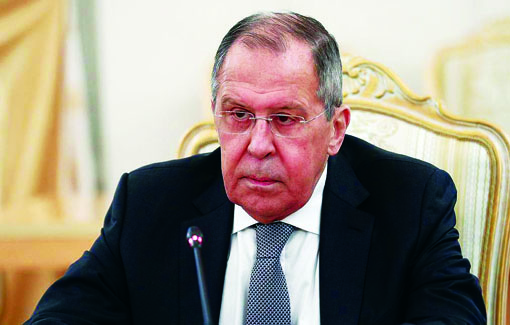Myanmar, a country endowed with energy deposits and rich in jade and gems has been under military rule for most of its independent years. It has been also engrossed in rampant ethnic strife and long-running civil wars.

Ever since the army overthrew the elected government lead by Nobel laureate Aung San Suu Kyi in the February 1 coup, Myanmar has been in turmoil and has witnessed conflict between common citizens and the military junta. It has been reported that the opponents of the army rule have formed a “people’s defence force” to shield its supporters from the military attacks instigated by the Junta. Protests have become the norm as there has been a rise in the violence with security forces killing hundreds of civilians. The unity government established last month by groups opposed to the junta has pledged to end violence, restore democracy and build a “federal democratic union”. In the recent weeks there has been an increasing number of small blasts in cities and towns, some targeting government offices and military facilities. The junta said it had to seize power because the general elections held in November 2020 were full of irregularities and the sweep by Suu Kyi’s party were not addressed by the election commission that deemed the vote fair. It has questioned the veracity of the votes cast in the election.

Myanmar military junta leader General Min Aung Hlaing recently attended a high level summit wherein the mounting crisis was discussed with the leaders from Association of Southeast Asian Nations (ASEAN). The shadow government comprising of ousted lawmakers welcomed this move by leaders of Southeast nations for ending the “Military violence”.
As per the latest reports, Myanmar’s detained leader, Aung San Suu Kyi, will be appearing in the Court in person on May 24. This would be her first public appearance since her detainment.










